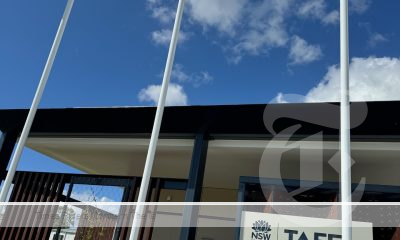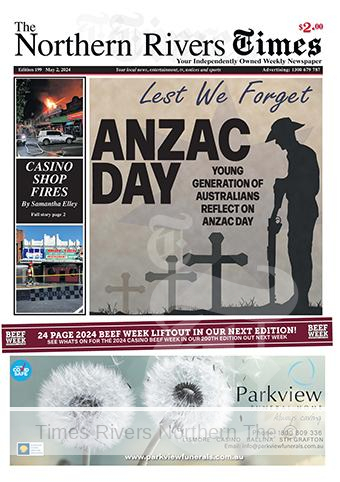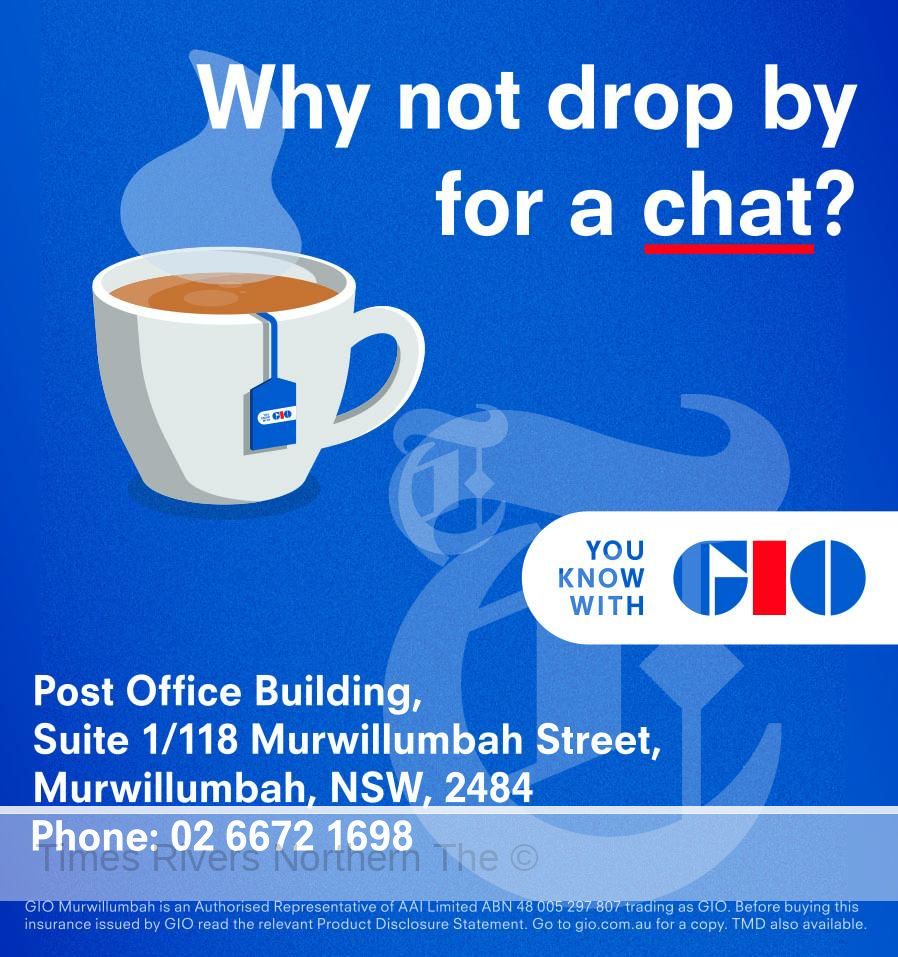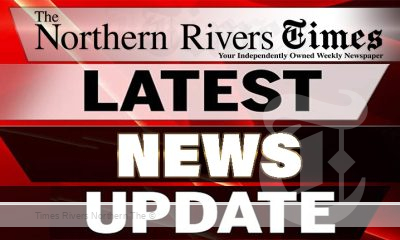Psychologist’s Top Tips to Managing Your Mental Health After Cancer Diagnosis
Breast Cancer Network Australia
October is both Breast Cancer Awareness Month and Mental Health Month. Australia’s leading consumer breast cancer organisation Breast Cancer Network Australia (BCNA) and Australia’s go-to specialist in cancer-related distress, popular podcaster, and Clinical Psychologist Dr Charlotte Tottman, have collaborated on 5 top tips for managing your mental health alongside a breast cancer diagnosis, assisting those affected by breast cancer to live well, their way.
Dr Tottman’s podcast Upfront About Breast Cancer – What You Don’t Know Until You Do has been downloaded over 100,000 times and offers a valuable resource for those with breast cancer, especially amidst the current wait times for mental health and healthcare services. It has had a profound impact on its listeners. “I have to thank you for perhaps saving me and my marriage,” said listener Nikki. “Not only has it been the most validating and informative tool for me, I have asked my husband and daughter to listen so that they can better understand my struggle and theirs. This has really changed everything.”
Advertisements

1. Give yourself time to adjust
“After a cancer diagnosis, it’s normal to struggle through a period of adjustment as you come to terms with change,” said and Clinical Psychologist Dr Charlotte Tottman. “How you navigate these changes can depend on who you are as a person, your previous experience of adversity, and your resilience.”
Anxiety is worrying about the future and fearing things that haven’t happened. It is a normal response to a diagnosis and comes in many forms. “There are at least 12 different types of anxiety when it comes to a cancer diagnosis,” says Tottman. “An appropriate level of anxiety can be a good thing because it helps you to develop strategies to deal with the physical, practical, or emotional challenges you’re facing.”
2. Understand your anxiety to manage it
According to Tottman, learning to sit in the discomfort that comes with anxiety is a powerful skill to develop, along with an understanding that it is temporary and will pass. “Anxiety will peak and then start to dissipate, so once you recognise this and learn how to sit with it, you are back in the driver’s seat,” she said. “The anxiety may still happen, which is normal, but it will no longer destabilise you.”
Understanding what triggers your anxiety and anticipating what symptoms you might encounter can also help you manage it, because you know what to expect. “You might experience physiological symptoms, such as a racing heart, a sick feeling in your stomach, light-headedness, or tightness in your chest,” said Tottman.
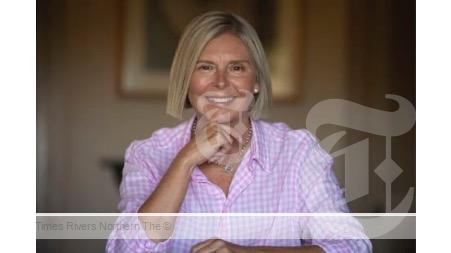
Dr Charlotte Tottman, clinical psychologist, is Australia’s go-to specialist in cancer-related distress and popular podcaster.
3. Seek professional support
Cancer treatment itself can affect your normal functioning, so ask yourself whether you are struggling because of your mental health or physical health. According to Tottman, it is common for those with cancer to experience emotional isolation, where you feel like no one else understands what you’re going through. “Generally, I recommend seeking help if your anxiety or struggle to adjust is getting in the way of your functioning, impacting your sleep or relationships, or causing you a high level of distress,” she said. “Your GP – or therapist if you see one – can help assess where you are in terms of your struggle.”
An ongoing relationship with a therapist, a psycho-oncologist, or clinical psychologist can offer a safe environment. “Speaking in an unfiltered way can help you feel heard, seen and validated,” said Tottman. “Talking to others who have a similar experience can also be valuable in helping you feel understood.”
4. Check in on ALL those affected
While someone may look outwardly well, they may still be struggling emotionally, so regularly checking in is important. “People tend to flock in the early stages of a diagnosis and then vanish down the track,” said Tottman. “That’s when the person who’s been diagnosed may feel the most isolated, so check in and ask how things are really going for them.”
It’s also important for carers to look after themselves. Tottman said carers often feel invisible or put their own needs last. “Remember, if you are exhausted or unable to continue caring, it affects you and the person you’re caring for,” she said.
5. Stay active and engaged
Moving helps your physical and mental health. “The silver bullet in all of this is exercise, so I recommend you stay mobile and active,” Tottman said.
For more seniors news, click here.
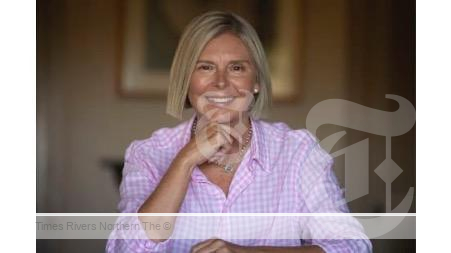
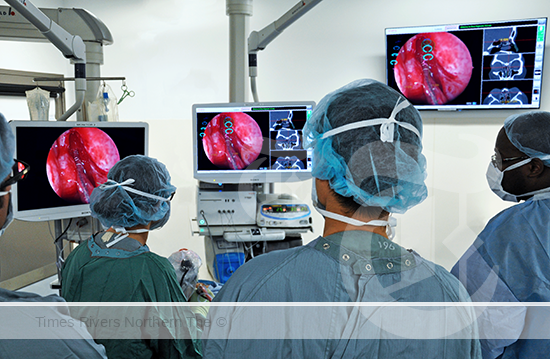

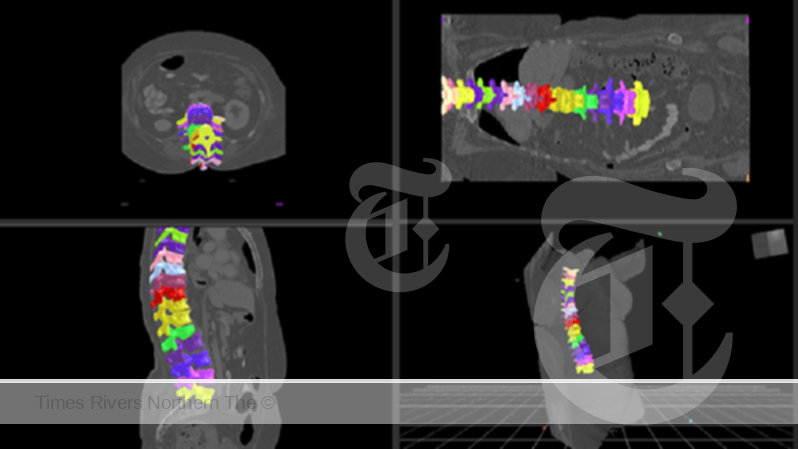

 Tweed Shire News2 years ago
Tweed Shire News2 years ago
 Motoring News1 year ago
Motoring News1 year ago
 COVID-19 Northern Rivers News3 years ago
COVID-19 Northern Rivers News3 years ago
 COVID-19 Northern Rivers News3 years ago
COVID-19 Northern Rivers News3 years ago
 Northern Rivers Local News3 years ago
Northern Rivers Local News3 years ago
 Health News3 years ago
Health News3 years ago
 COVID-19 Northern Rivers News3 years ago
COVID-19 Northern Rivers News3 years ago
 NSW Breaking News3 years ago
NSW Breaking News3 years ago




















